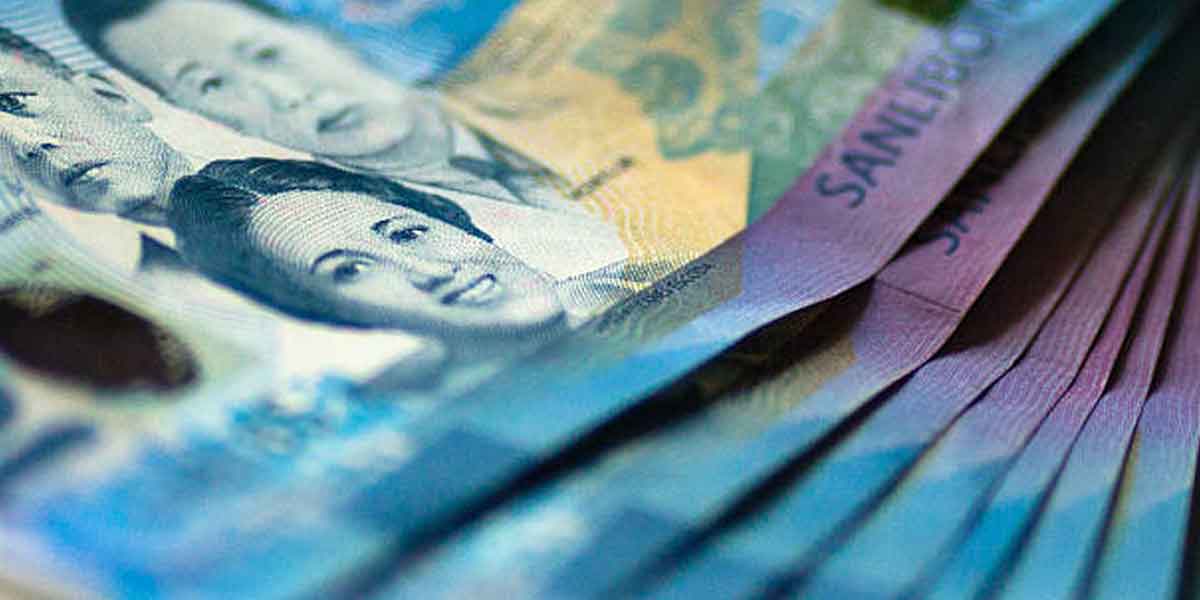![]() By: Reyshimar Arguelles
By: Reyshimar Arguelles
Everyone has been waiting for more than a decade for this day; the day when the Quezon City Regional Trial Courts hands down its verdict on the perpetrators of the infamous Maguindanao Massacre of November 22, 2009.
It has taken the justice system that long to decide on exacting retribution for the 58 people who had been killed in cold blood by one of many political clans who have much of rural Mindanao by the throat. The decision of Judge Jocelyn Solis-Reyes will show us how much the system itself tolerates such villainy coming from politicians who act with impunity.
But what is at stake is the country’s prestige in upholding the institution of the free press. Since the massacre, little has been done to protect the lives of journalists who are just doing their job in covering the most critical issues in Philippine society. Apparently, 32 deaths in one single attack are not enough to initiate a serious discussion on press freedom.
For sure, it is not enough for us to write senseless columns and preach about the inevitable demise of the news media in the face of manufactured facts. As the country slid one spot from an already dismal 133rd position in the World Press Freedom Index, the verdict will determine the Duterte administration’s commitment in enriching the culture of free expression in the country, something that his predecessors have failed to realize.
Seeing that Duterte himself does not have any sense of solidarity with a free press that exists to evaluate the shortcomings of his government, it is unlikely for the climate to get any better for local reporters. The President himself has blamed journalists for inciting violence. Of course, he was referring to those hacks who profit from slinging mud at the behest of their patrons.
But hao siao reporters are only a small part of the morose climate that has come to define Filipino democracy. In the face of overwhelming criticism from the administration, the Philippine media also has to face the economic and social realities that have always existed.
It is these realities that have led some of the media’s members to doing activities that go against the principles they have sworn to abide by. Given that we have a government that does not have a set of principles to protect and uphold, it is no surprise for these yahoos to feel right at home.
What’s even worse is that some of these so-called guardians of truth function more as hacks and mercenaries who would not mind peddling lies so long as their butts are saved from an already sinking ship.
And of course, who wouldn’t forget those who keep cheering on the Marcoses as a family of saviors? Who wouldn’t cringe at the fact that these insolent outcasts are writing to defend censorship and create a society that confuses right and wrong?
The free press is beginning to be less free in the face of violence, economic repression, and a growing sentiment that favors a tyrannical past. For sure, the path towards a truly free press is a difficult one to tread on, but the only way journalists can emancipate themselves from the factors that define what should be read, heard, and watched by people.
The first step would be to hold the perpetrators of media violence accountable and build a democratic climate where reporters and media entities function outside the horrible system of impunity.
It is in this sense that people should see the Maguindanao case as a footnote to our continuing struggle with repression. We should see ourselves in the modern Filipino journalist – always in the pursuit of the truth in a system that represses an enlightened citizenry.





















